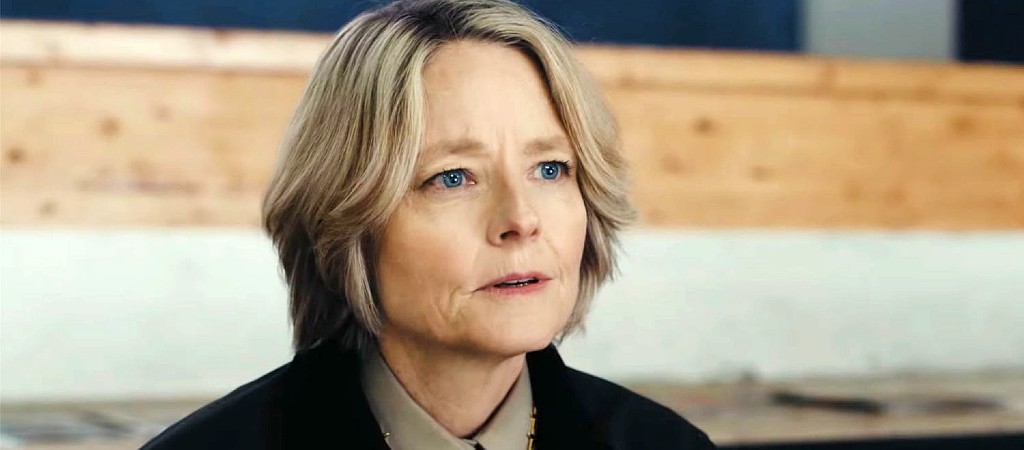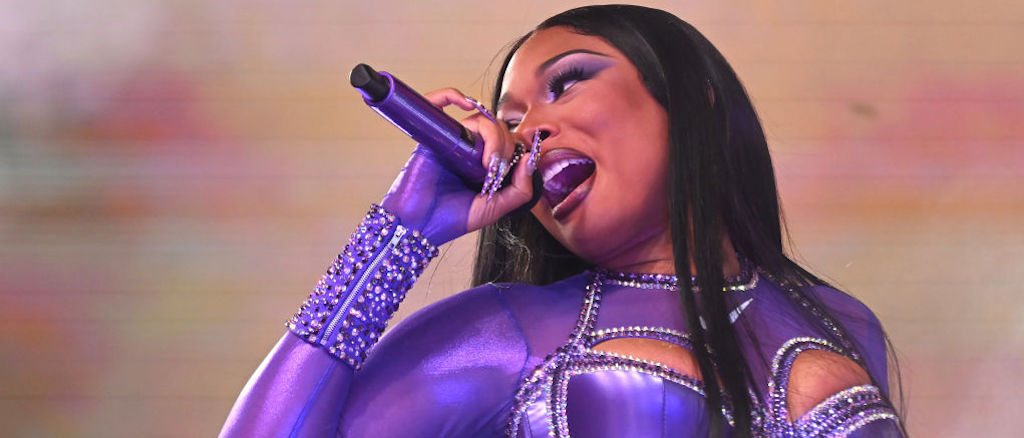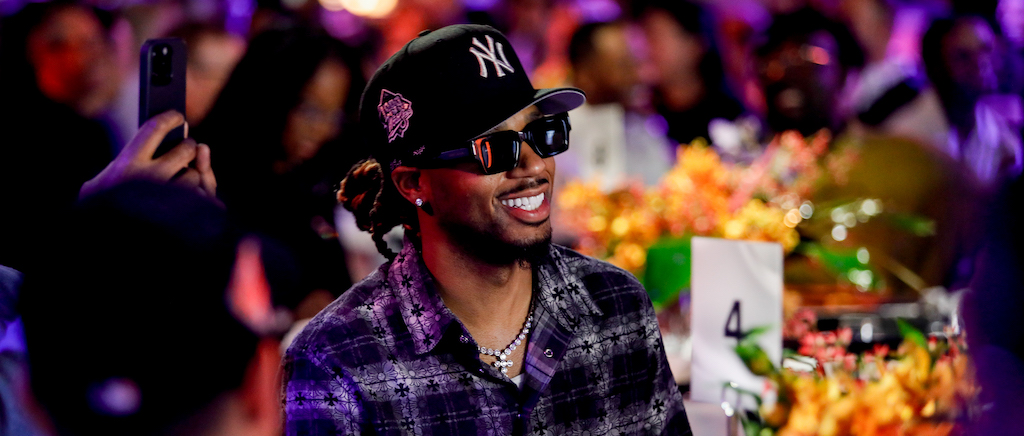
After New Year’s Eve, Cardi B revealed that she and Offset, from whom she recently separated, got physical on NYE, saying during a live broadcast, “Was I clubbing with my baby father yesterday? Yes. Did I got dicked down yesterday? Absolutely, baby. Y’all can use your roles on New Year’s Eve; I need some dick on New Year’s Eve. I feel like we was vibing yesterday, we had a good time. We was Henny’d down. We was both in the same club and it was just really awkward. Like, I’m in my section, he’s in his section. It’s like, ‘Man, just f*ckin’ come over here, let’s just chill, we having a good time.’”
So, that begs the question:
Is Cardi B still married to Offset?
Legally, it looks like it, yes. No reports of any divorce paperwork being filed appear to have surfaced, so unless they’ve managed to keep divorce proceedings under the radar, the two appear to still be legally married.
During the aforementioned broadcast, Cardi appeared to not close the door on a reconciliation, saying, “But I feel at the point of where we at in our relationship, we’ve been together for seven years, we’ve been married for seven years. I don’t consider that we’re back together because the answer of getting back together is not a good night at the club and f*cking the night long. We need to work on our sh*t, we need to work on our communication. There’s things that he gotta work on, there’s things that I gotta work on. And I feel like until we work that out, I don’t feel like we’re back together.”
Cardi B is a Warner Music artist. Uproxx is an independent subsidiary of Warner Music Group.












